Welcome to the official Heltec Energy blog! Are you a medium to large business that runs multiple shifts? If so, then lithium-ion forklift batteries could be a very good choice. Although lithium forklift batteries are currently more expensive compared to lead-acid batteries, they can save a lot of money in the long run. The return on investment for lithium forklift batteries is also typically achieved within 36 months. Overall, lithium-ion forklift batteries use 40% less energy than lead-acid batteries. They use 88% less energy than diesel batteries. Lithium-ion batteries are designed to last longer, saving you the hassle of frequent battery replacements. They can also withstand extremely low temperatures without breaking down, making them ideal for outdoor applications.
Do You Run a Multi-Shift Operation?
Multi-shift applications such as manufacturing, third-party logistics, food processing, and other material handling applications can benefit most from lithium-ion batteries. Only 1 lithium-ion battery is required per truck.
Typical battery discharge time for a forklift is about 6 to 8 hours. Lead-acid forklift batteries require about 8 hours of charging time and then another 8 hours of cooling time before they can be used again, for a total of about 16 hours. This means that for multi-shift operations, each forklift may require 2 to 3 lead-acid batteries to avoid downtime.
In this regard, lithium-ion forklift batteries offer a significant advantage. They can be fully charged in 2 hours or less, with no cooling time required. In addition, these batteries can be charged in just 15-30 minutes, allowing them to be charged during breaks or when the forklift is idle. This efficient charging capability means that only 1 battery is needed per forklift to support multi-shift operations, reducing the need for multiple batteries and minimizing downtime.
The difference in charging time and cooling requirements for lead-acid and lithium-ion forklift batteries directly affects operational efficiency and productivity. For lead-acid batteries, the lengthy charging and cooling process can result in significant downtime, especially in multi-shift operations where fast turnaround times are critical. In contrast, the fast charging and opportunity charging capabilities of lithium-ion batteries enable continuous operation with minimal interruptions.
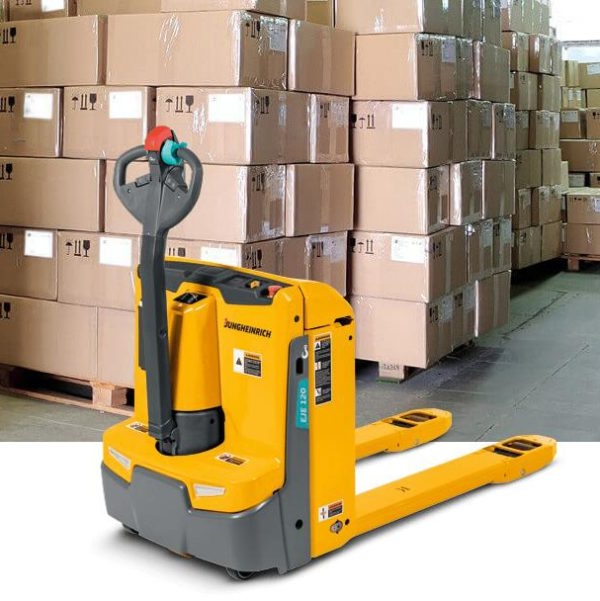
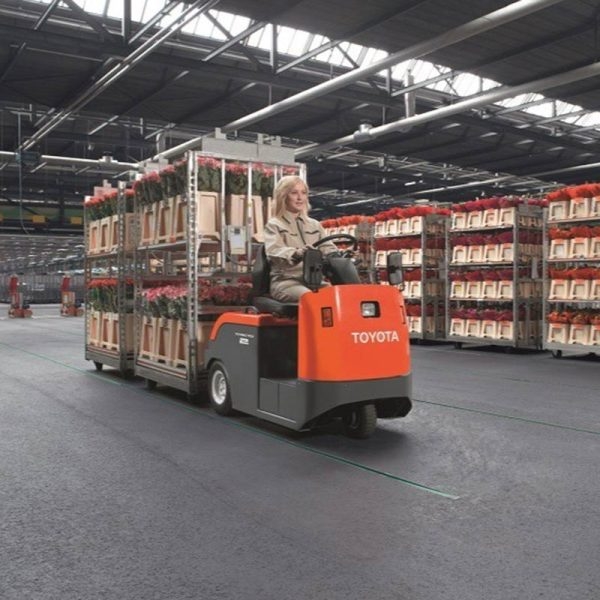
Do You Have a Freezer/Refrigerated Environment?
Studies have shown that lead-acid batteries, commonly used in various applications such as forklifts and refrigeration units, can significantly reduce their capacity by up to 35% when exposed to cold temperatures. This decrease in capacity can cause operational challenges and increased downtime for equipment that relies on lead-acid batteries in cold environments.
Unlike lead-acid batteries, lithium-ion batteries are better able to handle the challenges of cold temperatures and retain their capacity more effectively. Not only do they retain capacity better, but they also have the advantage of being able to charge quickly even in freezing conditions, making them a top choice for powering equipment in cold storage environments.
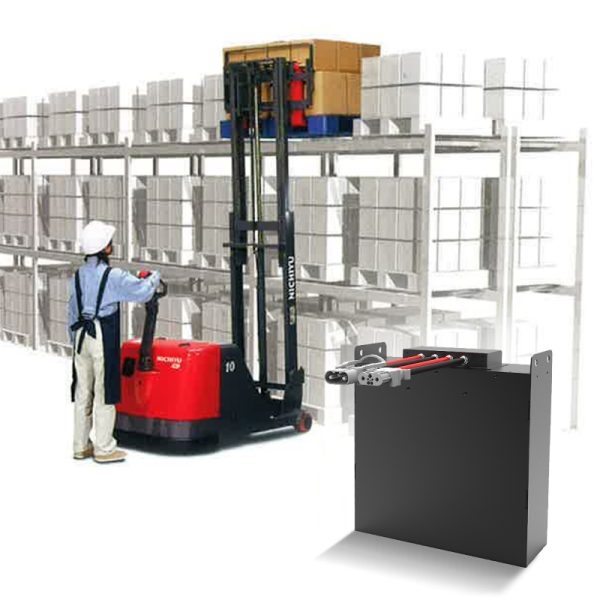
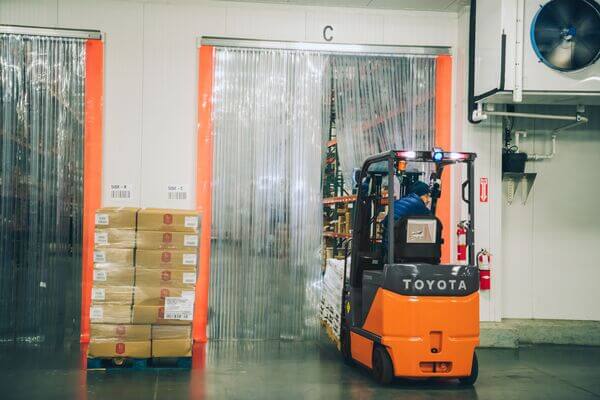
Are You Troubled by Frequent Battery Maintenance?
Lead-acid batteries, if not properly maintained, can undergo a chemical process called battery sulfation, which can lead to potential damage. This necessitates regular maintenance, including monitoring water and electrolyte levels and replenishing the battery with distilled water. However, this maintenance can be time-consuming and expensive.
Lithium-ion forklift batteries, on the other hand, offer a stark contrast. Unlike lead-acid batteries, they require little maintenance. These batteries do not require watering or frequent maintenance procedures, such as equalization charging and cleaning. They come with sealed cells that never need cleaning or watering, reducing maintenance-related effort and costs.
Furthermore, the benefits of lithium-ion batteries extend beyond their low maintenance requirements. Batteries often do not need to be removed or replaced during the workday, as lithium-ion batteries can remain inside the forklift for longer periods of time, depending on operational needs. This not only saves time, but also increases operational efficiency.
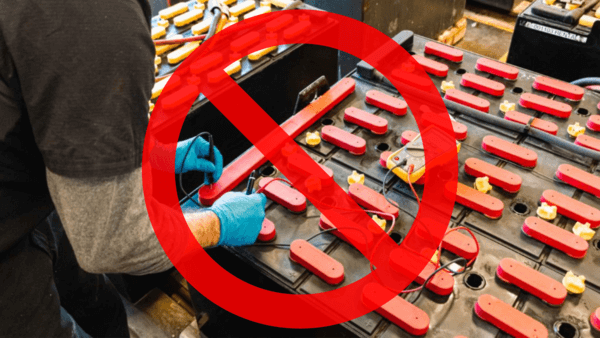
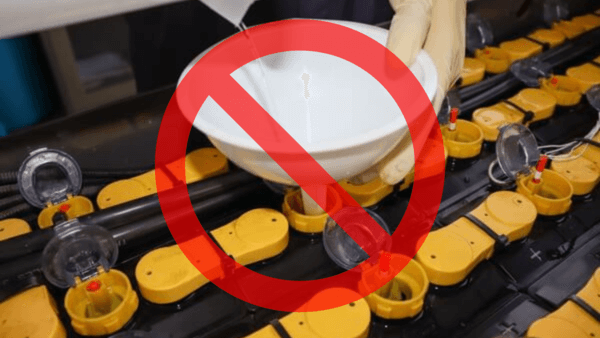
Are Your Operating Profit Margins Very Narrow?
Lithium-ion forklift batteries use 40% more energy than lead-acid batteries and 88% more energy than diesel. Therefore, lead-acid forklift batteries may be cheaper upfront, but they cost more to own and maintain. Increased productivity and lower energy bills are two key money-saving reasons to start using lithium-ion forklift batteries.
Moreover lithium-ion forklift batteries last longer than lead-acid batteries. With good maintenance, lead-acid batteries can last up to 1,500 cycles, while lithium forklift batteries can last up to 2,000 to 3,000 cycles.
Lithium-ion forklift batteries are more expensive than lead-acid batteries. But they last twice as long as lead-acid batteries, potentially giving a better return on investment. Intermittent charging for a few minutes (e.g., 3 to 15 minutes) will shorten the life of a lead-acid battery, but not a lithium-ion battery.
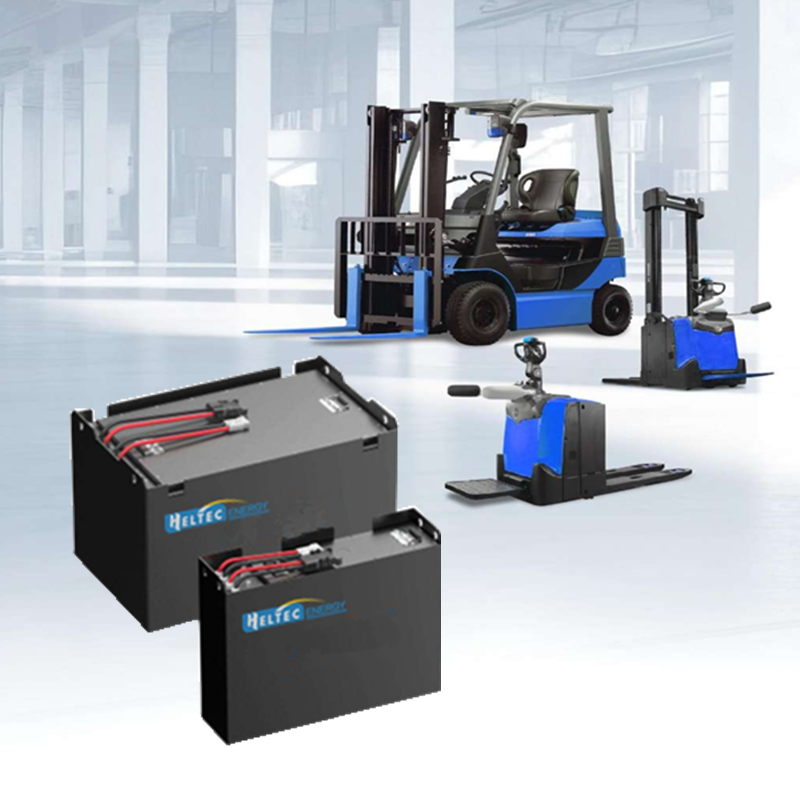
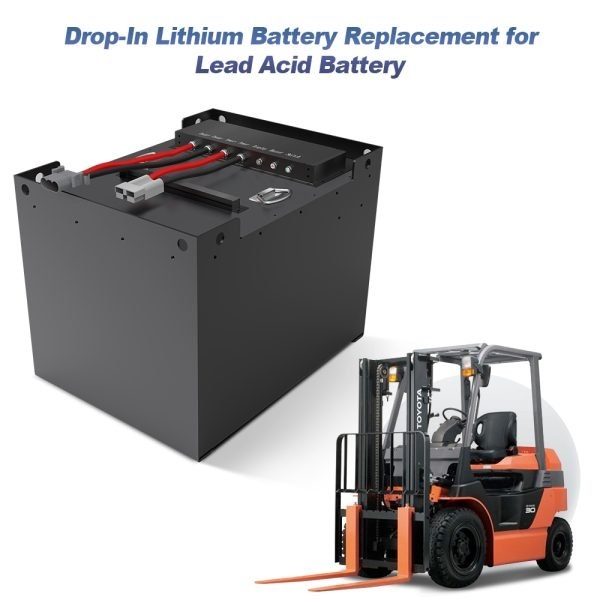
Conclusion
If you have the above problems, then you can consider learning about our lithium batteries. Our lithium batteries can perfectly solve your existing problems and meet your various needs. If you have any questions, please contact us and we will provide you with quality solutions.
Request for Quotation:
Jacqueline: jacqueline@heltec-bms.com / +86 185 8375 6538
Sucre: sucre@heltec-bms.com / +86 136 8844 2313
Nancy: nancy@heltec-bms.com / +86 184 8223 7713
Post time: Jul-09-2024
